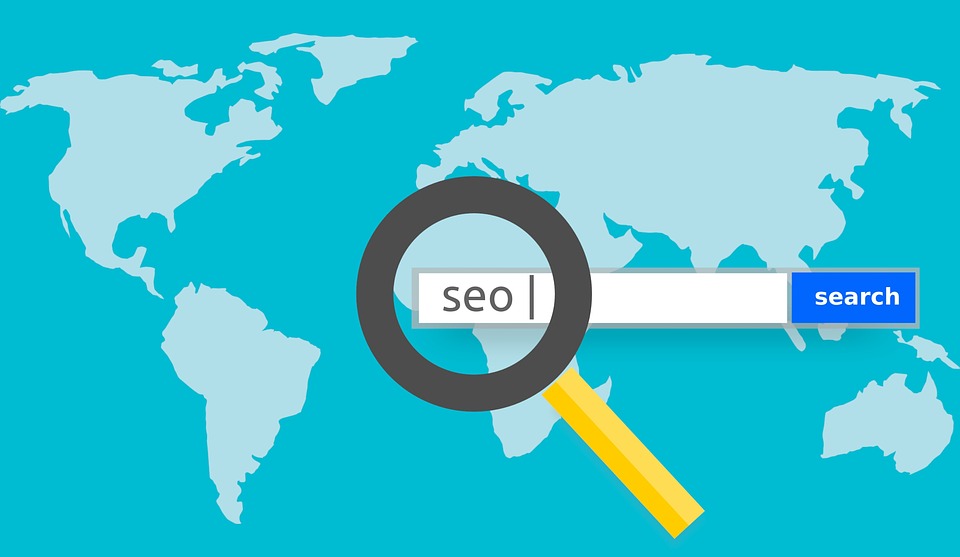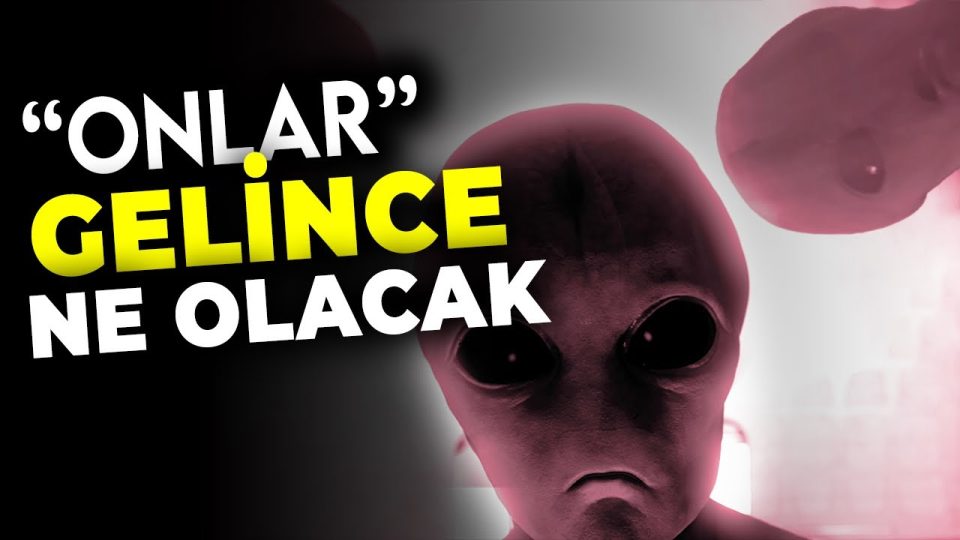Private mortgage insurance (PMI) is a type of insurance that protects the lender in case the borrower defaults on their mortgage payments. PMI is usually required when a borrower puts down less than 20% of the home’s purchase price as a down payment. The cost of PMI can vary based on the borrower’s credit score, loan amount, and down payment. The typical cost of PMI is between 0.3% to 1.5% of the original loan amount per year.
While PMI can increase your monthly mortgage payments, it can also help you qualify for a mortgage if you have a smaller down payment. However, once you have paid enough on your mortgage to have 20% equity in your home, you can request to have the PMI removed. Additionally, if you have a government-backed loan, such as an FHA loan, the PMI will be automatically removed once you reach 22% equity.
It’s important to note that PMI only protects the lender, not the borrower. Therefore, if you default on your mortgage payments, the PMI will not protect you from foreclosure or other consequences. It’s crucial to maintain regular payments on your mortgage to avoid the risk of foreclosure.
In summary, if you are unable to put down 20% or more as a down payment, you will most likely be required to pay for PMI. However, you can request to have it removed once you have 20% equity in your home. It’s important to factor in the cost of PMI when budgeting for your monthly mortgage payments and to make sure you can afford the payments to avoid defaulting on your mortgage.












